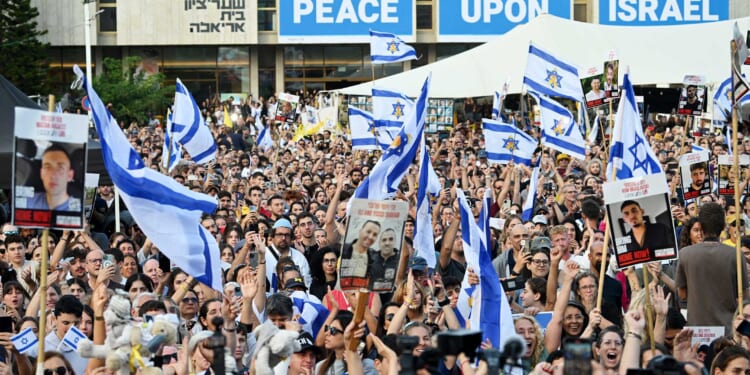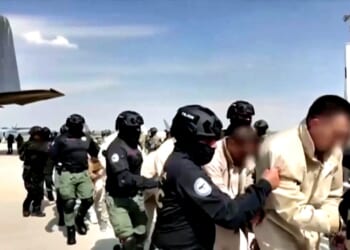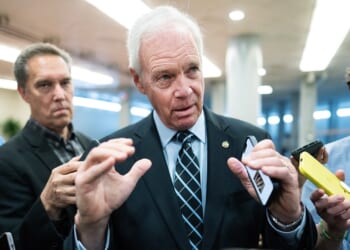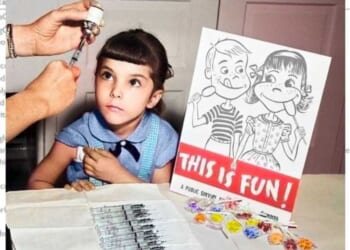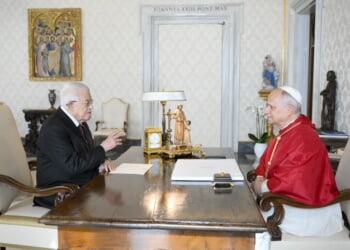Something felt lighter in the air over the weekend in Israel. After President Donald Trump announced a deal to release all remaining hostages and end the war, we managed to temper our hopes for about 30 seconds. But the joy on the faces of the hostage families—a light we had not seen before—was too infectious to contain.
After Trump’s announcement, the almost-24-hour newsrooms started posting “highlight reels” of the war, coupled with hopeful if not-quite-upbeat ballads like Arik Einshtein’s “A Song After War.” Here, the mood suggests the end of an era. The news panels are full of the usual retired generals, politicians, and journalists discussing the sustainability of the agreement, the uncertain future, the tenuous political landscape, and other things that we can worry about . . . tomorrow.
Finally, a reason to check your email.
Sign up for our free newsletter today.
On Saturday, in Tel Aviv’s Hostages Square (rumored soon to be renamed Returning Square—it sounds better in Hebrew), I stood in a line of strangers waiting to hug Dani Miran, father of hostage Omri Miran. Dani was beaming. I said something about miracles, but he corrected me: “I don’t believe in miracles. I believe in the power of our people.”
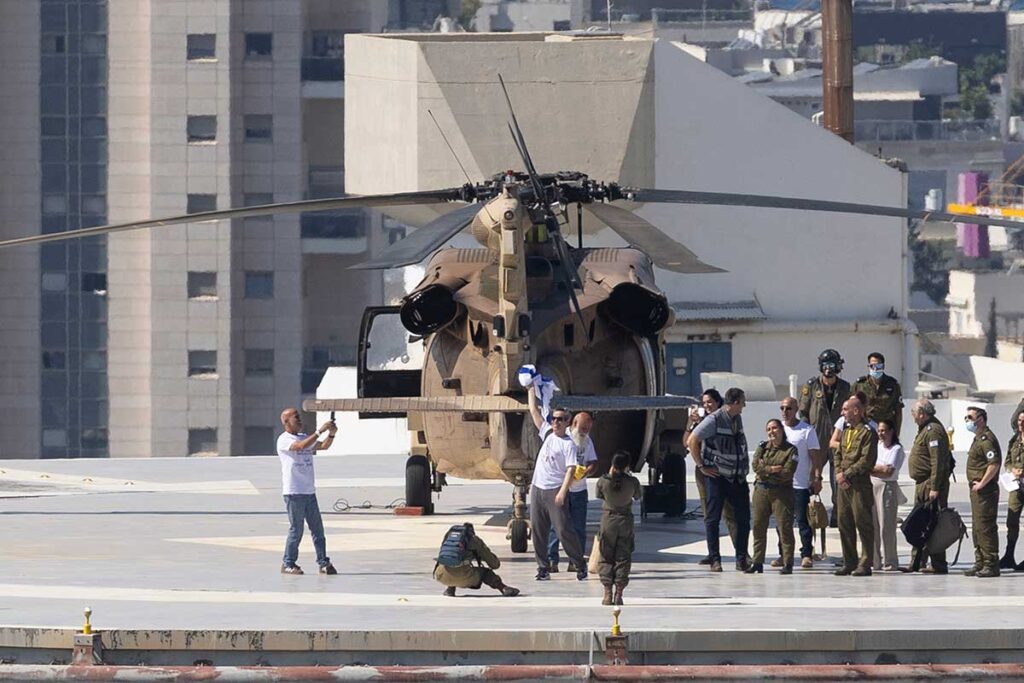
Later that evening, 100,000 people gathered to support the hostage families and hear Steve Witkoff, Jared Kushner, and Ivanka Trump address the crowd. Attendees carried American flags and signs that read “Thank you President Trump” and “End this f*cking war—a nod to an allegedly tense conversation between Trump and Benjamin Netanyahu. The crowd greeted every mention of Trump’s name with cheers and every mention of Netanyahu with boos. They erupted at Kushner’s mentions of peace for the people of Gaza and cheered even louder when he thanked the IDF.
If you’ve only followed the conflict through the black-and-white lens of political activism and social media, these responses seem like contradictions. They make perfect sense here. Sixty-six percent of Israelis want the war to end, but they are certainly not pacifists or allies of the groveling, pathetic global Left. As Eli Lake writes in The Free Press, “Now that the war is over, [the Left’s] palpable disappointment reveals that they were never against the war at all. They just wanted the jihadists who started it to win.”
Israelis live in reality, not on TikTok. In real life, things are complex. You can be willing to sacrifice your life for your country by serving in the IDF and also want the war to end. You can long for peace while knowing exactly who your enemies are and what they are capable of doing. You can cry tears of joy with families you’ve never met, act like it’s your own brother who has returned to your arms, and feel like you’re walking on air—all while being weighed down by the knowledge that the bodies of 19 hostages (18 Israelis and one Tanzanian) are still being held by their murderers.
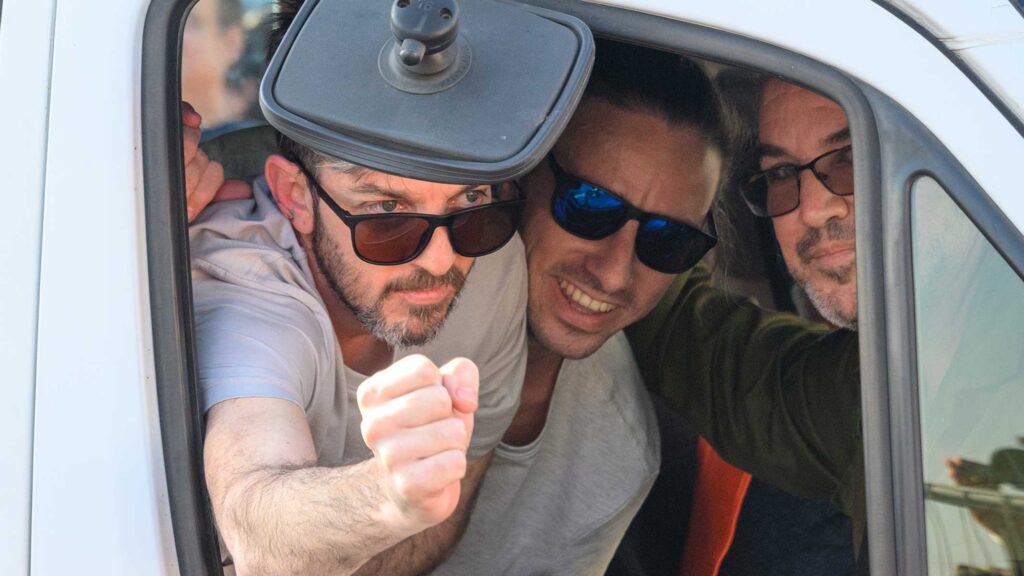
This complexity and range of emotions exist in every one of us today; we don’t have the luxury of viewing the conflict through the lens of a viral X post. We walk through our country knowing that every person—from our families to the cashier at the supermarket—is experiencing the same things.
On Monday, almost all our wishes came true. Throughout the morning, some hostage families began receiving FaceTime calls from the terrorists holding their loved ones, likely as Hamas’s last-minute attempt at psychological terror. No one was having it. In fact, the mother of hostage Bar Kuperstein was so overjoyed that when the masked coward holding her son asked, “are you done?” she said, “no!” and kept talking.
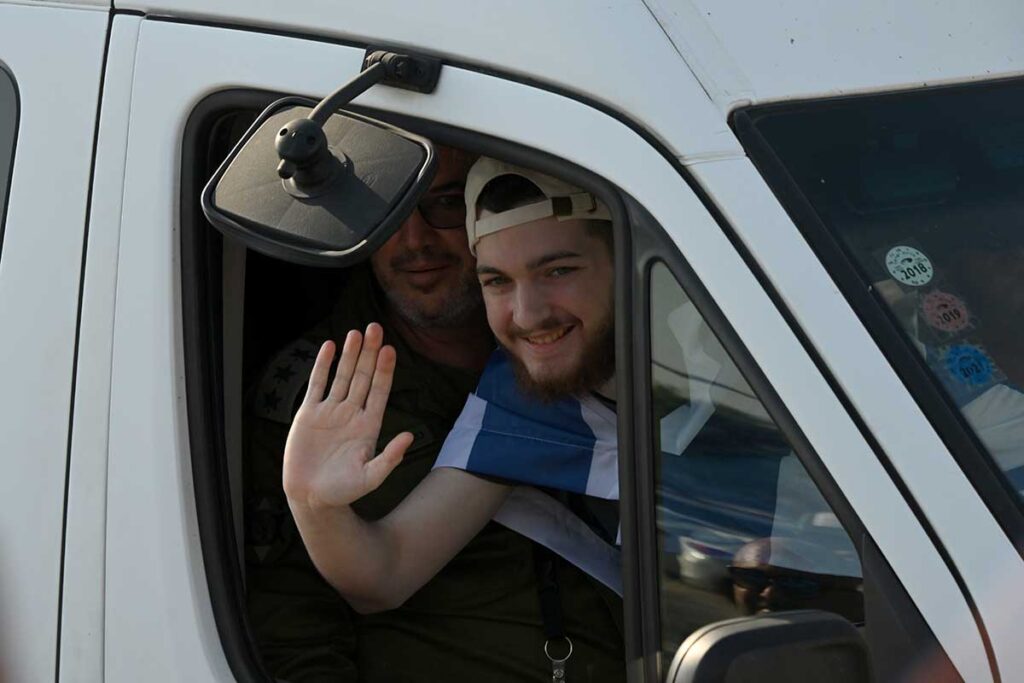
The videos of the hostages smiling as they stepped out of IDF helicopters and of tearful reunions with families meant everything to us. Whether it was Omri Miran finally playing with his little girls, Roni and Alma; Tal Kuperstein, who has been paralyzed for many years, surprising his son, Bar, by getting up from his wheelchair to hug him; or my personal favorite, brothers David and Ariel Cunio jumping out from behind a corner and yelling, “Boo!” upon seeing their families for the first time in 737 days; we were overjoyed by the sight of such relief.
One hostage, then-26-year-old Segev Kalfon, was presumed dead until earlier this year, when a returning hostage reported seeing him alive in the tunnels of Gaza. Watching him and others hold their loved ones again was extraordinary.
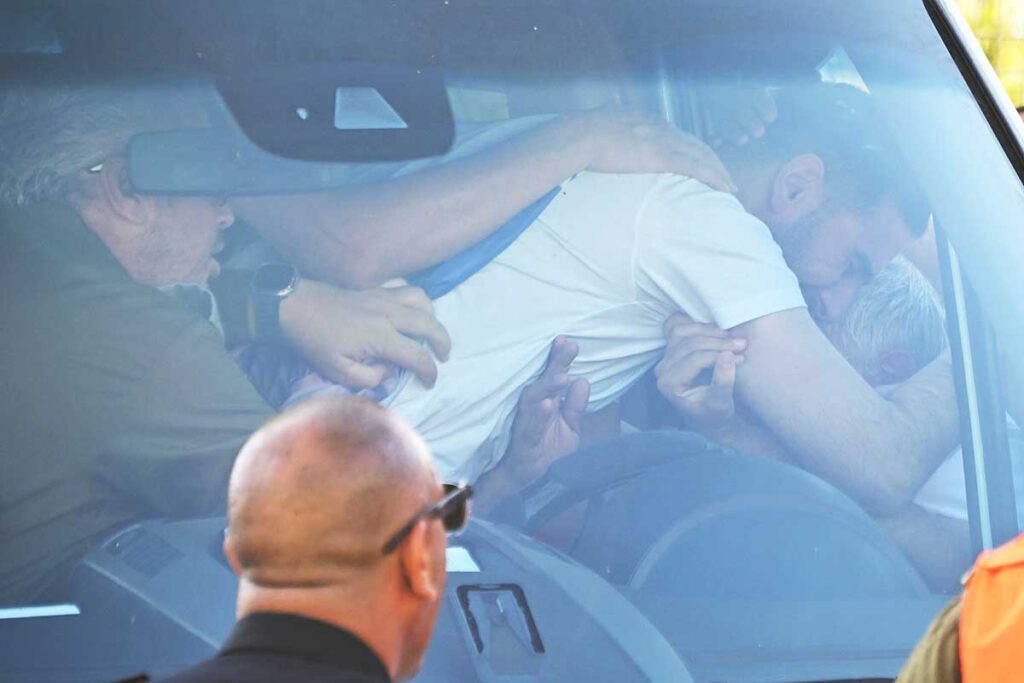
Many people ask us Israelis why we seem to prioritize the hostages over everyone else. Twenty lives may represent an entire world, but shouldn’t we weigh these lives against the security costs of any deal that requires painful concessions?
The answer, like everything in Israel, is complicated. It has to do with the core of Israeli society and the foundations this country was built on: solidarity and peoplehood. When soldiers run into battle, they don’t do it for a piece of land or a biblical commandment. They do it for one another, because they are protecting their family and friends, and because, despite our many internal divisions, we Israelis know that all we have is one another. If we choose to leave our brothers and sisters behind, what are we doing here in the first place?
I am incredibly proud of us all. We hold on to each other every day, which is the definition of a family. It is the power of our people.
Top Photo by Alexi J. Rosenfeld/Getty Images
City Journal is a publication of the Manhattan Institute for Policy Research (MI), a leading free-market think tank. Are you interested in supporting the magazine? As a 501(c)(3) nonprofit, donations in support of MI and City Journal are fully tax-deductible as provided by law (EIN #13-2912529).
Source link

